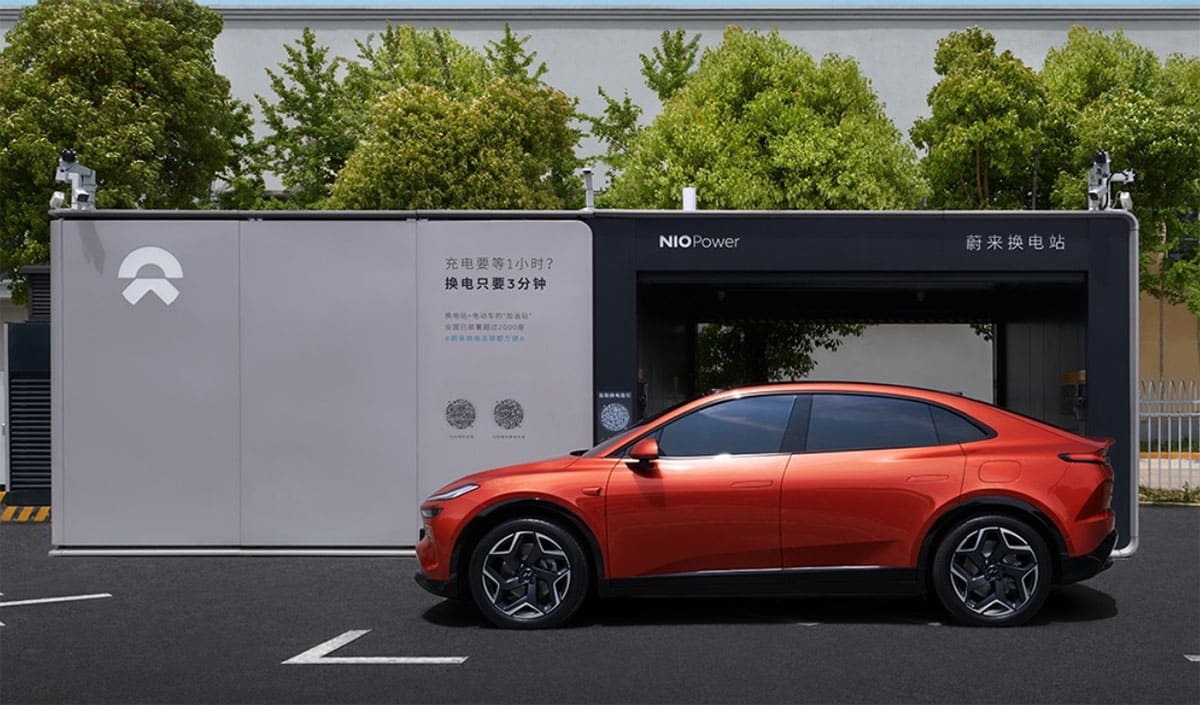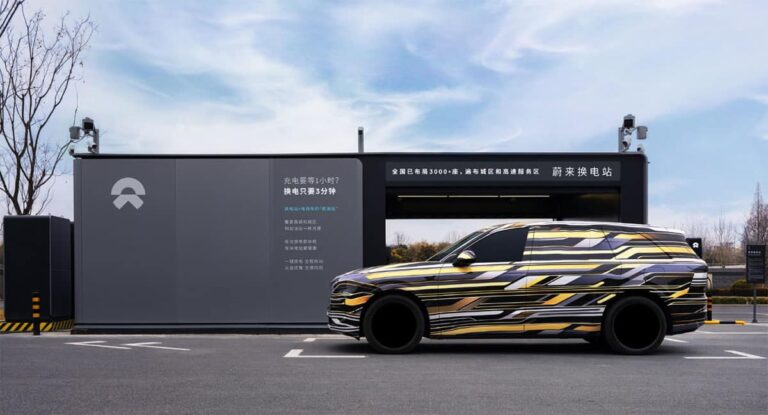- Onvo president Alan Ai explained in an interview why deliveries have fallen short of expectations, and the lessons he and his team have learned.
- Late last year a lack of preparation led to a loss of orders, affecting not just deliveries at the time, but also the confidence of potential consumers.

Onvo's weak deliveries over the past few months have been in stark contrast to the high level of excitement surrounding the initial launch of its first model, the L60, which has put the Nio (NYSE: NIO) sub-brand under constant pressure.
Now, Onvo president Alan Ai has broken silence, explaining publicly for the first time in an interview why deliveries fell short of expectations and the lessons he and his team learned.
Onvo initially had four goals for the L60 SUV (sport utility vehicle), Ai told to local tech outlet Huxiu:
- Deliver 20,000 units in 2024.
- Achieve monthly deliveries of more than 10,000 units in the third full delivery month.
- Enter the top three in sales in the pure electric SUV market in the RMB 200,000 to RMB 300,000 price range.
- Achieve monthly deliveries exceeding 20,000 in the sixth or seventh month after deliveries begin.
Onvo has basically achieved the first three goals with the L60, but the fourth has been almost impossible to accomplish, the Huxiu report noted.
This is largely due to a lack of preparation and timely delivery of vehicles, Ai told Huxiu, according to the text of an interview released yesterday.
As background, Onvo launched the L60 on September 19, 2024, and deliveries of the five-seat mid-size SUV began on September 28.
The Onvo L60 starts at RMB 206,900 ($28,600) including the battery pack, or RMB 149,900 under the BaaS (battery as a service) program.
Onvo had a production capacity of 20,000 units ready for 2024, but many order holders were hoping to get deliveries as soon as possible before the end of the year so they can take advantage of the RMB 15,000 government trade-in subsidy that would expire at the end of the year.
Toward the end of December, many users could not continue to wait, and Onvo's lack of preparation led to the loss of many orders, according to Ai.
In early January, Chinese authorities announced the continuation of the new energy vehicle (NEV) trade-in subsidy in 2025.
The loss of orders didn't just affect deliveries at the time, but also the confidence of potential consumers.
If last year's orders hadn't been lost, then the trend would have been better in January and February this year, Ai said.
Asked when he realized that the 20,000 monthly sales target would be difficult to meet, Ai said it was around the Chinese New Year holiday at the end of January.
Onvo delivers mostly new orders after the Chinese New Year holiday, Ai said. This year's Chinese New Year holiday was from January 28 to February 4.
Onvo didn't respond well to the wait and shouldn't have let potential customers worry about losing out on benefits they should have gotten, which was a big lesson learned, Ai said.
In hindsight, Onvo had another option at the time, delaying the L60's launch until October and starting deliveries in November, Ai said.
If that had been done then, then monthly deliveries in November and December should have been more than 10,000 units, and the public opinion pressure on deliveries should not have been so great, he said.
"If we could do it all over again, we would definitely need to compress the time cycle earlier and make the stocking more adequate," he said.
"We will definitely take full advantage of the lessons learned when we launch new models next," Ai said.
Asked if he would resign due to Onvo deliveries falling short of expectations, Ai gave a negative answer.
"On that note, walking away is actually the easiest thing to do. To talk about it now would be like leaving halfway through the process," he said.
Ai said he'll listen to feedback, but won't admit defeat just yet.
($1 = RMB 7.2337)
